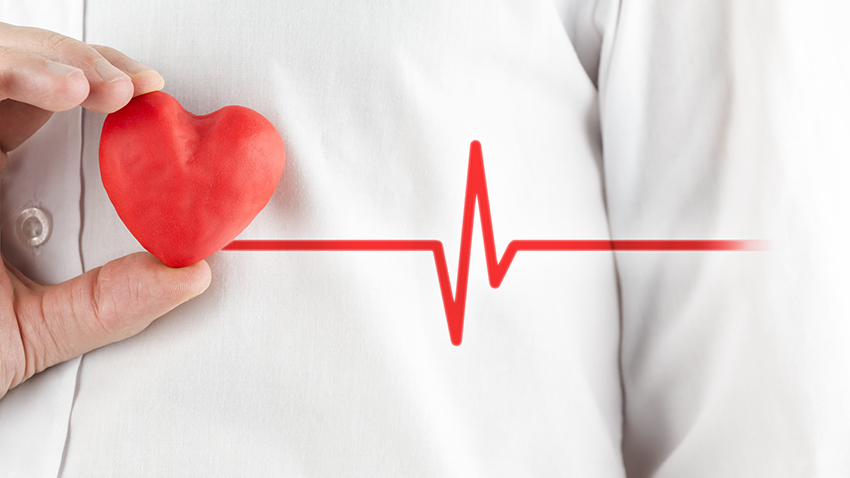The EU Taking a Stance on Patient Safety
When a family member is hospitalized, most people naturally assume that he or she will be safe until they are discharged. However, according to information stated by Magdalena Kalata, who is President of the European Health Parliament, as many as 37,000 hospital patients die as a result of various hospital and healthcare-related infections each year many of which could have been prevented if the right patient safety measures had been implemented.
Time to Turn Assumptions into Guarantees
Kalata went on to mention that the EU should do everything possible to turn patients assumptions with regards to their safety into guarantees instead. This was further substantiated by the fact that more than 50% of Europeans are afraid of contracting hospital-acquired infections despite the fact that more patient safety initiative programs than ever have been developed. The fact that as many as 12% of patients in EU hospitals suffer from adverse events such as healthcare-related infections and illnesses has also done little to quell the health concerns of these patients.
Resolution for Safer Healthcare
Recently, MEPs voted yes to a proposal that would help pave the way for safer healthcare facilities across Europe. Although improving patient safety levels in hospitals would cost money, Kalata mentioned that there are still quite a few solutions and readily available stakeholders who are more than willing to assist with doing whatever is deemed necessary to make patients feel safer while in hospitals. Lead MEP Piernicola Pedicini (EFDD, IT) stated in this regard, Austerity measures cannot be imposed in such a way that they affect the safety of patients, staff or experts in hospitals.
Greater Cooperation Required
The EHP stands firm in its belief that progress in patient safety will only occur if the EU becomes more involved and cooperative when it comes to healthcare. However, citizens and politicians need to realize that in some cases, action at EU level is essential, while at other times, the same level of action can be deemed as being unnecessary. In cases like this, the issues at hand should then be addressed at national or even regional levels instead.
Working Together
Kalata further stated in her article, Through the EHP, my peers and I have worked together to come up with solutions for better future healthcare in Europe. We know how important it is to play to our strengths and to ensure that the thinking around European healthcare policy and practice is given a true shot in the arm. Our clear advantage is our youth and the openness to learning that comes with that. Learning to work together, and independently, as appropriate, is something most of us learned at a young age. But when it comes to health, it seems that some member states still have some catching up to do.
Although the EU may be taking a new and refreshed stance in its bid to improve patient safety in hospitals, it is important to remember that progress will only be able to be made if the appropriate actions are taken as well.

